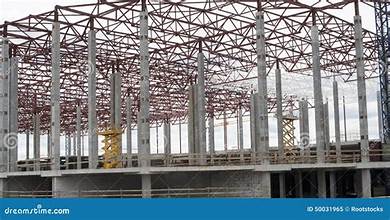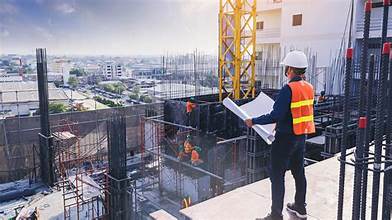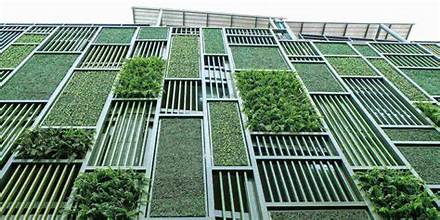Embarking on a construction project in Mauritius, the jewel of the Indian Ocean, is a venture filled with promise and opportunity. With its booming economy and picturesque landscapes, the island nation presents an attractive prospect for investors and developers alike. However, navigating the regulatory frameworks governing construction projects in Mauritius requires a nuanced understanding of the legal landscape. In this guide, we explore key aspects of the regulatory environment to help streamline your construction journey on this tropical paradise.
Understanding Regulatory Bodies: At the forefront of construction regulation in Mauritius stands the Ministry of Housing and Land Management, responsible for overseeing land use, planning permissions, and building regulations. Additionally, the Municipal and District Councils play pivotal roles in granting permits and ensuring compliance with local building codes. Understanding the hierarchy and functions of these regulatory bodies is crucial for initiating and executing construction projects seamlessly.
Navigating Planning Permissions: Securing planning permissions is the first hurdle for any construction endeavor in Mauritius. Developers must submit comprehensive proposals detailing the intended land use, environmental impact assessments, and adherence to zoning regulations. Engaging with local authorities and obtaining their buy-in early in the planning phase can expedite the approval process and mitigate potential delays.
Compliance with Building Codes: Adherence to building codes and regulations is paramount to ensuring structural integrity and safety standards in construction projects. In Mauritius, the Building Control Act sets out stringent requirements for design, materials, and construction methods. Engaging qualified architects, engineers, and contractors well-versed in local regulations is essential to navigating these codes effectively.
Environmental Considerations: With its rich biodiversity and fragile ecosystems, Mauritius places significant emphasis on environmental conservation in construction projects. Developers must conduct thorough environmental impact assessments to identify potential risks and implement mitigation measures accordingly. Embracing sustainable practices, such as renewable energy integration and green building design, not only aligns with regulatory requirements but also enhances the project’s long-term viability.
Navigating Land Ownership Laws: Navigating land ownership laws is critical for foreign investors looking to undertake construction projects in Mauritius. The Non-Citizens (Property Restriction) Act regulates foreign ownership of land and immovable property, with certain restrictions and requirements for obtaining permits. Collaborating with legal experts proficient in Mauritian property law can help investors navigate these complexities and ensure compliance with regulatory requirements.
Navigating Labor Laws: Employment laws in Mauritius govern aspects such as minimum wage, working hours, and safety standards, which are pertinent to construction projects. Developers must adhere to these regulations to ensure fair labor practices and maintain harmonious relationships with workers and trade unions. Implementing robust health and safety protocols not only safeguards workers but also mitigates legal risks and enhances project efficiency.
In conclusion, navigating regulatory frameworks is integral to the success of construction projects in Mauritius. By understanding the roles of regulatory bodies, securing planning permissions, complying with building codes, addressing environmental considerations, navigating land ownership laws, and adhering to labor laws, developers can navigate the complexities of the regulatory landscape effectively. With careful planning, strategic partnerships, and a commitment to compliance, construction projects in Mauritius can thrive amidst the island’s breathtaking beauty and burgeoning opportunities.
Manser Saxon in Mauritius has years of experience and offer wide range of responsiilities and quality services to the construction process..









